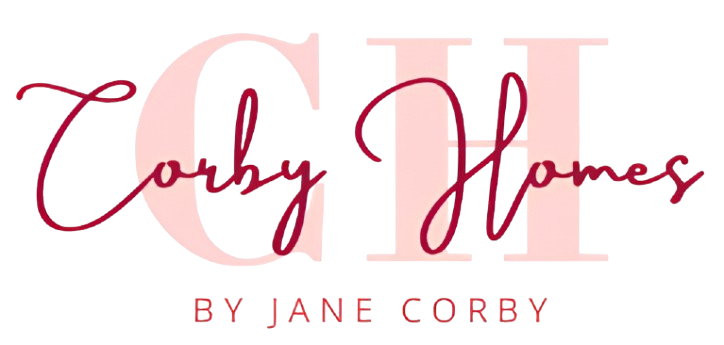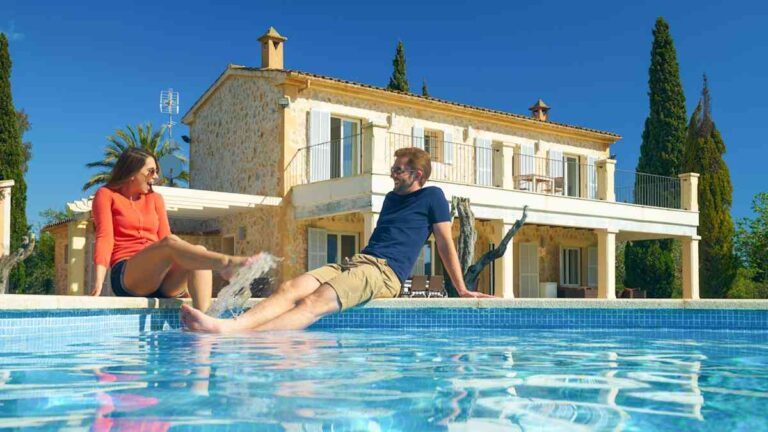Resorts home like a dream property, no doubt in that! But as an owner, you will face some unexpected costs that can surprise even savvy buyers.
Some of these are often related to the limited land, heavy tourism, and strict local rules that just drive expenses higher than the purchase price alone.
Also, you have the risk of insurance hikes, rental regulations, and HOA fees, which often just make the cost pile up.
Many owners just focus on the sale price and overlook these ongoing demands.
Read on and find out the hidden costs and see how a perfect getaway can quickly become a high-maintenance investment.
What Are the Hidden Costs You Need to Know Before Buying in a Resort Town

Property Management for Rentals
When you are hiring a company to manage your vacation rental, especially in top tourist spots, you can usually expect to charge 20–40% of your total rental earnings as their fee.
In even higher luxury areas, some companies may charge up to 50% or more.
On top of the main commission, there are some extra fees you will be charged for something such as:
- Cleaning, linens, towels
- Staff to check guests in and out
- Emergency maintenance
- Marketing and professional photos
- Higher service fees if you have a pool, hot tub, or are in a regulated resort community
By the time, all these costs will be deducted. Often, however, the actual profit may end up much lower, even if there are thought rental a lot in total.
Transportation & Access Costs
Transportation and access costs significantly raise the total expense of owning and managing a rental property in popular resort destinations.
In most towns, you will often be charged for daily parking fees that range from $20–$40 during peak seasons.
More coastal zones may also add bridge tolls and seasonal congestion surcharges.
Even according to a report from Eurostat, transport adds about 29% of tourism spending, while accommodation takes 36% and food, shopping, and activities cover the remaining 35%.
The most notable part is that these expenses stack up every time you visit the property.
Higher Utility Costs
Higher utility costs are another must-know major financial factor for resort properties.
Mountain resorts usually need heavy heating from early fall through late spring.
Whereas the coastal areas face high cooling loads due to humidity and heat retention in salt-air climates.
Even many resort countries raise water prices during peak season.
This is mainly due to their treatment system running near maximum capacity. In remote destinations, internet plans cost more because providers operate with limited infrastructure.
Together, these factors raise up the annual utility expenses far beyond what you’d pay.
Even a recent report says that average U.S. household utility bills rose 41% from Q2 2020 to Q2 2025, where resort homes usually sit higher.
Homeowner Association (HOA) Fees
Living in a resort community also comes with some of the highest HOA fees in the country.
Homeowners have to pay a specific charge, usually around $400 to $1,200, to cover shared or community-wide services.
This may include road maintenance, trash collection, or security charges. Luxury zones drive this charge even higher.
Ski-area condos sometimes see annual dues of $8,000–$12,000 due because of snake removal, slope access, and shuttle systems.
On islands, Homeowners Associations often include the extra charges for some special things like storm preparedness and building-wide insurance.
These costs rise easily when they charge for fuel, labor, or insurance.
5. Insurance Premiums
For ownership in resort homes, you will face the higher insurance pricing in the property market.
Because your home is near the coast and at risk of hurricanes, insurance companies will charge extra windstorm premiums.
Even in many countries, homes in wildfire-prone mountain areas face additional wildfire surcharges.
All these just add to the annual insurance costs well above what a typical home would pay.
You will see many insurance companies are not covering home, if it is in high-risk areas.
As a result, homeowners must turn to surplus-line insurers, which typically have higher deductibles.
Repairs and Renovations for Vacation-home Style Builds
Repair and renovation are other major factor that adds up quickly when you own a vacation-style property.
For example, being a resident of Lake Geneva can increase your home maintenance budget just due to the constant climate changes.
Seasonal weather in this lakeside community naturally shifts exterior materials.
For this reason, trim and fixtures may need attention more often.
Besides the shoreline winds, sunlight on windows gives you opportunities to upgrade decks, porches, screened rooms, and waterfront seating areas.
You’ll also find that built-in grills and other outdoor features need frequent maintenance to keep them operating smoothly all year round.
Short-term Rental Regulation Compliance

Though you will have endless excursion opportunities in the resort property, no doubt you will also face local rules, leading to paying some hidden costs that you cannot expect.
Many coastal and mountain towns require annual permits for rental apartments. It is usually priced from $250 to $1,500, often with renewal inspections.
Some municipalities even set rules for vacation or short-term rental properties, such as 24/7 local contact availability.
Tourist regions often mandate lodging-tax registration, digital guest logs, and noise-monitoring devices.
Other fees are imposed for violations that could lead to a premises accident, starting at $500–$1,000 per incident.
Security & Vacancy Costs
You may leave your resort unoccupied for a long period.
Unoccupied can increase both risk and expenses if you’re not prepared.
Take note that empty homes are more vulnerable to break-ins, unnoticed water leaks, and storm damage.
That’s the reason many owners have to invest in remote cameras, smart locks, and leak-detection sensors.
Some of these even come with recurring subscription fees.
Even property owners hire local patrol services, especially in areas where police response can be slower during peak tourist seasons.
To Conclude
A resort home can be a smart investment, but the costs don’t stop at the sale price.
Utilities, HOA fees, repairs, security, and rental rules quietly add up.
With the prior knowledge of the hidden expenses, you plan smarter, protect your investment, and enjoy your property without surprises.

